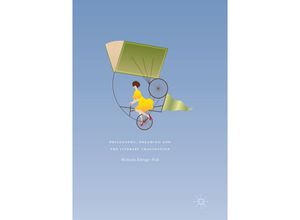
EAN: 9783319821658
Produktdaten aktualisiert am: 08.12.2025
Bilder-Quelle: discount24.de - Sport-Freizeit

Letzte EAN Aktualisierungen:
9783319821658 - Philosophy Dreaming and the ...9780231136952 - Waking Dreaming Being - Evan...
9783319072951 - Dream Consciousness Gebunden...
9780226780047 - Rome as a Guide to the Good ...
9783775752657 - Nadim Samman - Nadim Samman ...
9783734553431 - HOW WILL IT BE ME - Wie werd...
kürzlich hinzugefügt:
9783775752657 - Nadim Samman - Nadim Samman ...9783734553431 - HOW WILL IT BE ME - Wie werd...
9783319821658 - Philosophy Dreaming and the ...
9783319072951 - Dream Consciousness Gebunden...
9780226780047 - Rome as a Guide to the Good ...
9780231136952 - Waking Dreaming Being - Evan...